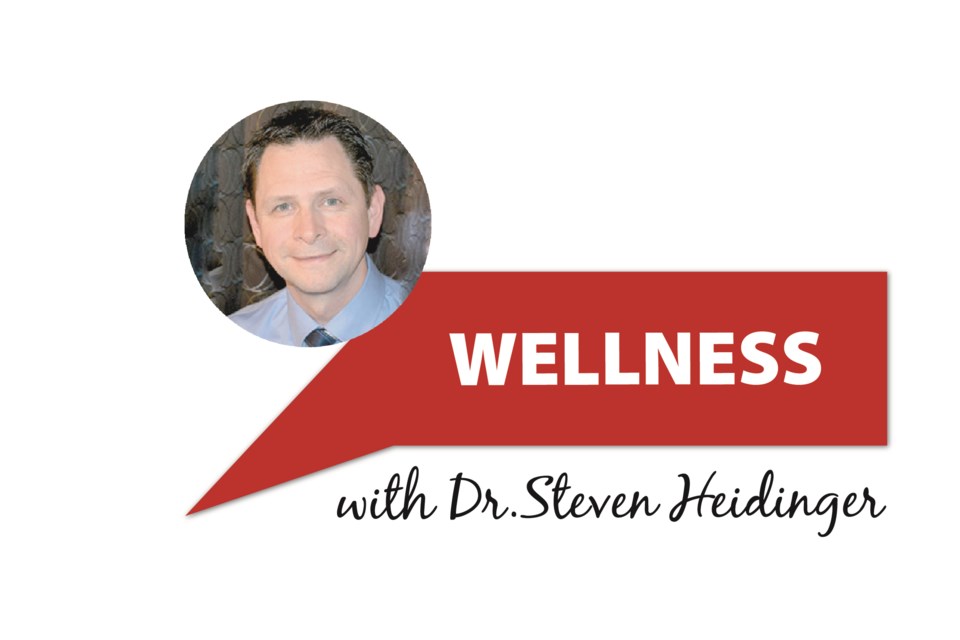During the final clinical year of chiropractic education, students had to do a round of “modalities,” which means we had to provide a minimum number of treatments using therapeutic tools like ultrasound and muscle stimulation machines. Part way through my internship there was a warning not to use one of the ultrasound machines because it was not working.
Interestingly, not all the interns got the memo. Even more interesting, the ultrasound in question had all the lights and dials working, however the ultrasound head was not emitting any therapeutic waves. It was a dead unit, but many interns were none the wiser. Both the intern and the patient receiving the care hadn’t a clue that nothing was really happening. In most cases, the patients would report relief.
Unwittingly, we had just done an informal study on the potentially powerful effects of placebo.
Placebo effect has been defined as the “phenomenon in which some people experience a benefit after the administration of an inactive substance or sham treatment.”
Historically, the placebo effect often had a negative connotation. Even today, placebo invokes in many, the feeling that a sham has been perpetrated.
More research on the placebo effect is being done not only on subjective outcomes (like how a patient reports changes in symptoms), but also on how the placebo effect shows measurable change in things like blood hormones and immune cell numbers.
How sugar pills (unaware to the patient) can cause similar outcomes to that of the real medication, in some people, just shows how powerful the mind’s role is in health and healing.
Researchers are attributing the placebo response to two mechanisms: expectancy and conditioning.
Our brains believe that when something has been provided to us, by a trusted caregiver, and it is explained what the medication (or other treatment) is intended to do, there is some level of expectation that it should work, and in many cases…it does.
We have also been conditioned with prior success with “real treatments.” This conditioning can cause the reflex psychological effect that the current treatment (even if it is a sham) is going to work as well. The body then responds accordingly.
The positive effects of placebo are so compelling that researchers are recommending that placebos should be used more in health care, rather than being shunned as trickery. Why not exploit the power of the mind rather than leave it out of the equation?
Current laws and ethics make it difficult and nearly impossible to prescribe fake medications in the clinical setting. What should be realized is the effects (either negative or positive) of nearly every treatment, has some placebo component to it.
The views and opinions expressed in this article are those of the author, and do not necessarily reflect the position of this publication.




